Find Help
More Items From Ergsy search
-
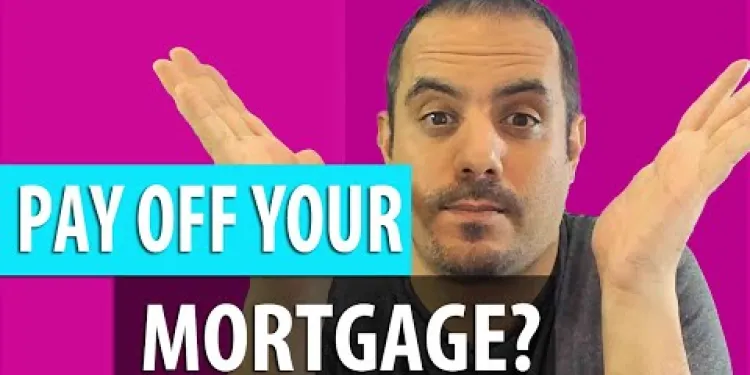
Should you Pay down your Residential Mortgage?
Relevance: 100%
-

The Ultimate Buy-To-Let Mortgage Breakdown
Relevance: 90%
-
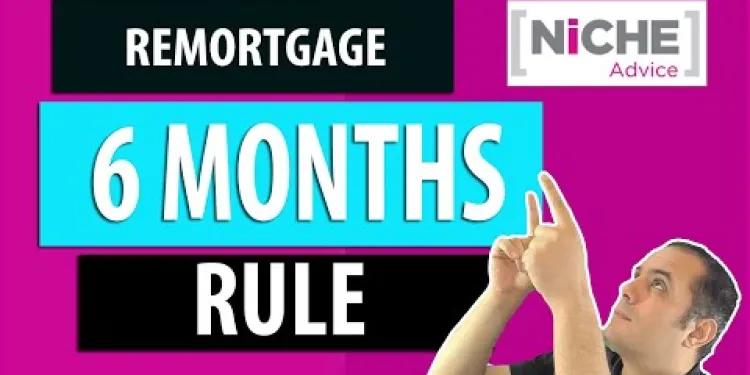
Remortgage within 6 Months on the open market value Residential or Buy to Let Properties
Relevance: 83%
-

The role of residential & nursing homes
Relevance: 75%
-

The role of residential and nursing homes
Relevance: 74%
-

Dr Hilary Jones on Residential Care PART 2.
Relevance: 73%
-

First Time Buyer Buy to Let Finance Options. Lending Criteria on Mortgage and Bridging Finance
Relevance: 73%
-

Dr Hilary Jones on Residential Care PART 1.
Relevance: 72%
-

Uk Buy to Let for Older Clients - Mortgage Options Tips and Criteria
Relevance: 68%
-
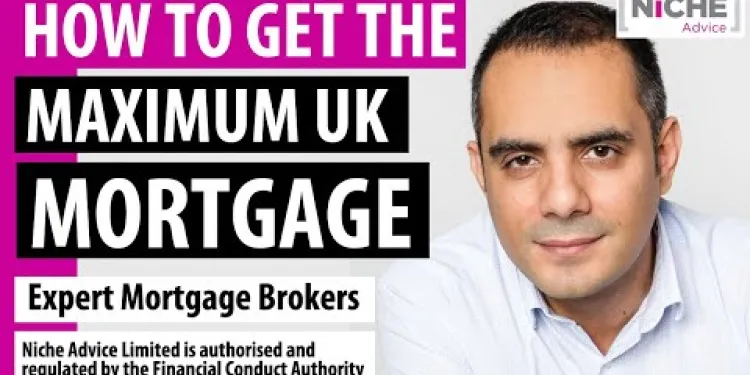
Getting the maximum mortgage in the UK
Relevance: 66%
-

How much can I borrow for a mortgage UK - getting the Maximum Mortgage
Relevance: 65%
-

What is an 'interest only' mortgage?
Relevance: 64%
-
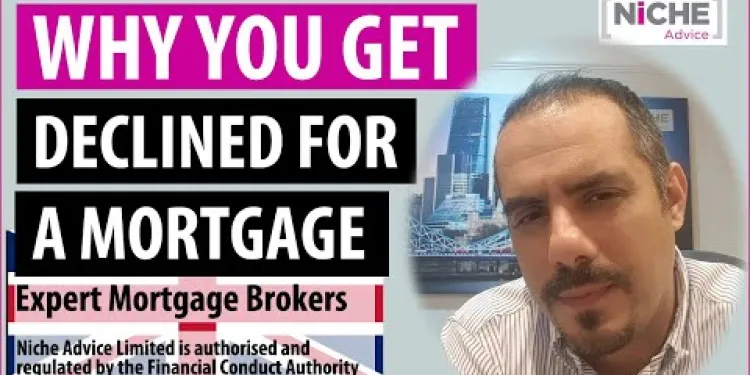
Mortgage Turned Down In The UK - Why mortgage applications are declined
Relevance: 64%
-
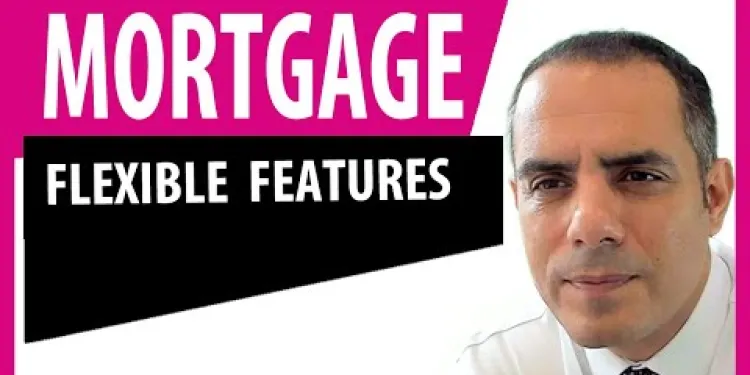
Mortgage Overpayment and Flexible Features Explained
Relevance: 62%
-
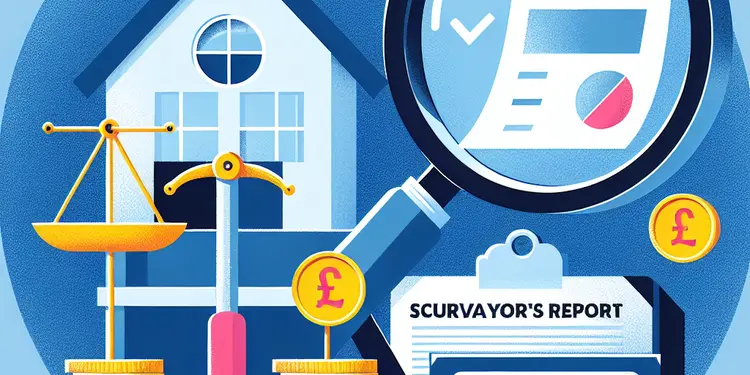
Is a mortgage valuation the same as a surveyor's report?
Relevance: 61%
-
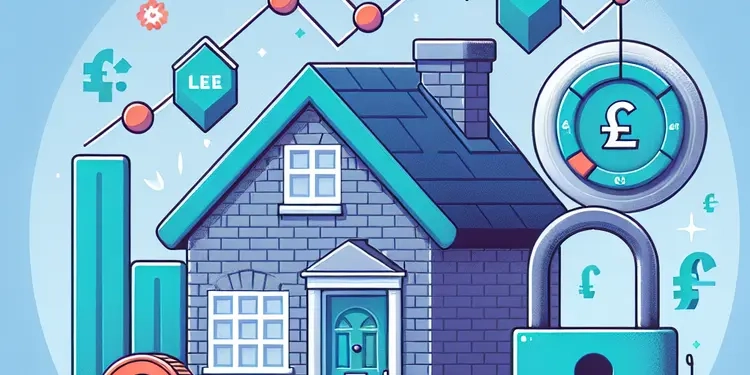
What does it mean to "Fix My Mortgage Rate"?
Relevance: 60%
-
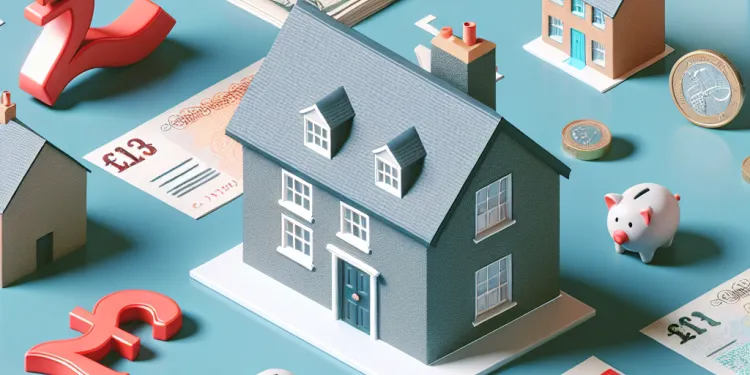
Can Stamp Duty be included in a mortgage in the UK?
Relevance: 60%
-

First Time Buyer Buy to Let Finance Options. Lending Criteria on Mortgage and Bridging Finance
Relevance: 60%
-
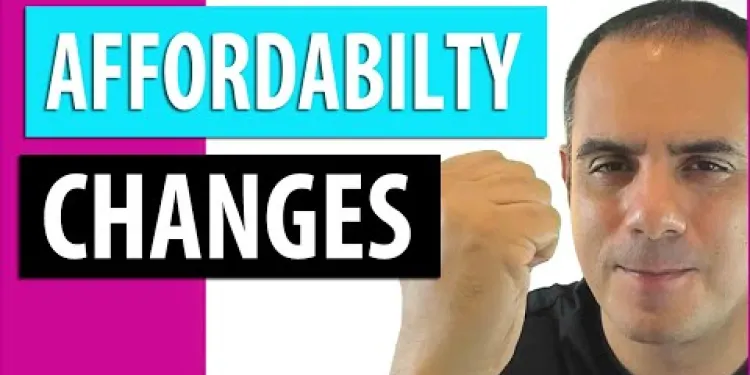
Mortgage Regulator removes the need for further affordability stress tests
Relevance: 59%
-

Will my fixed-rate mortgage payments change with interest rate fluctuations?
Relevance: 58%
-
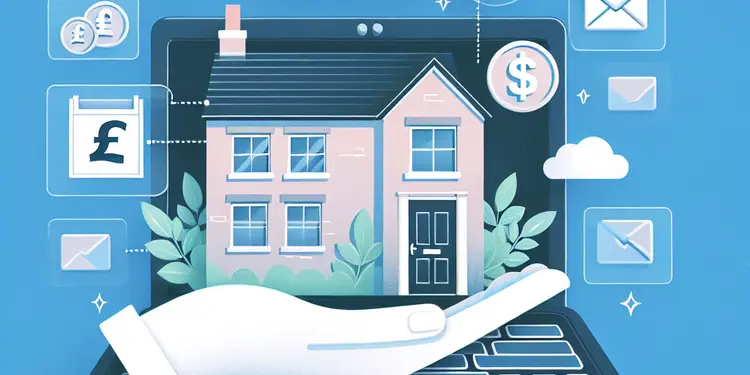
Is there assistance available for rent or mortgage payments?
Relevance: 58%
-

How do interest rate changes affect my mortgage payments?
Relevance: 58%
-

How to Buy property with your children under the age of 18 and get Buy to Let Mortgage.
Relevance: 57%
-
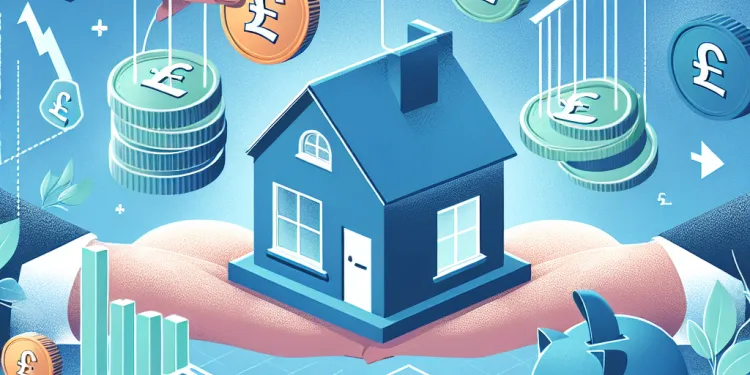
Is it possible to switch my mortgage type if interest rates become unfavourable?
Relevance: 57%
-

Mortgage on Inherited Property - How we can help you with the finance
Relevance: 57%
-
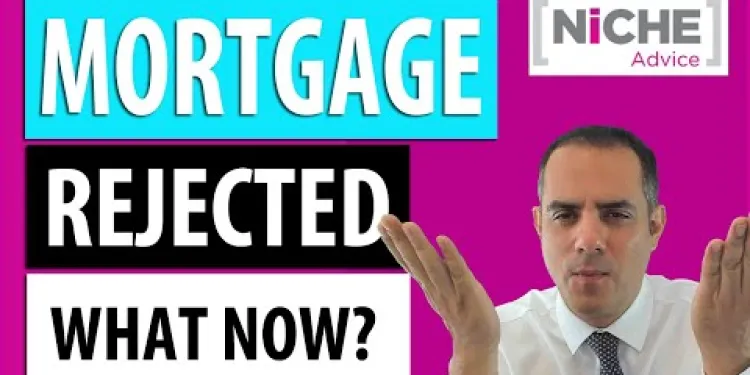
Turned down for a mortgage? Find out why and what to do
Relevance: 57%
-
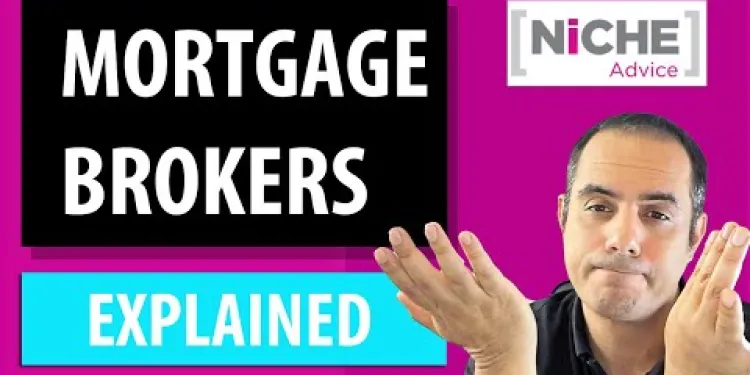
Selecting a Mortgage Broker - how they differ and what to watch out for
Relevance: 57%
-
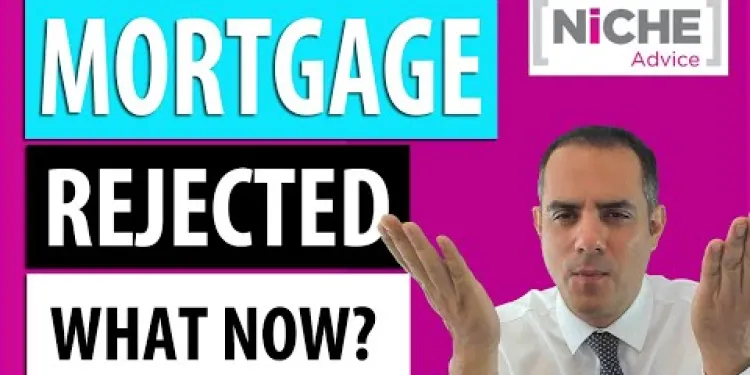
Turned down for a mortgage? Find out why and what to do
Relevance: 57%
-
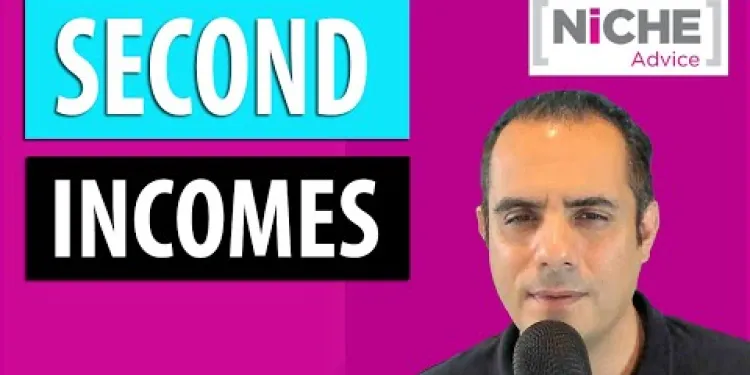
Using 100% of your Second Income for a Mortgage Application
Relevance: 57%
-
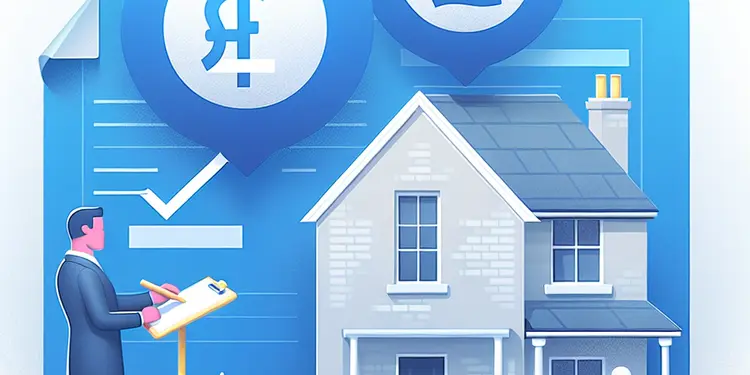
Can I use the surveyor recommended by my mortgage provider?
Relevance: 56%
-
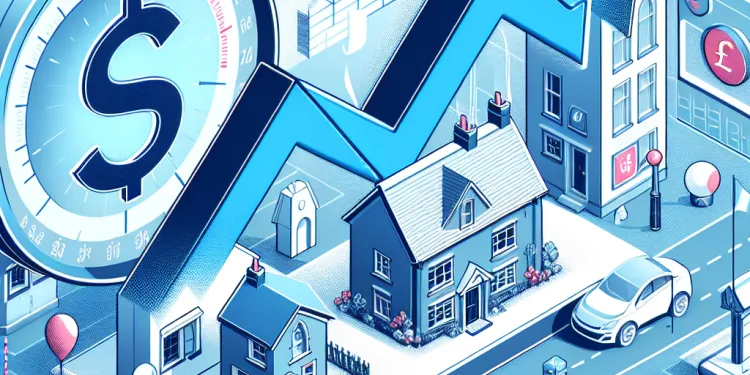
What is a tracker mortgage and how does it respond to interest rate changes?
Relevance: 56%
-
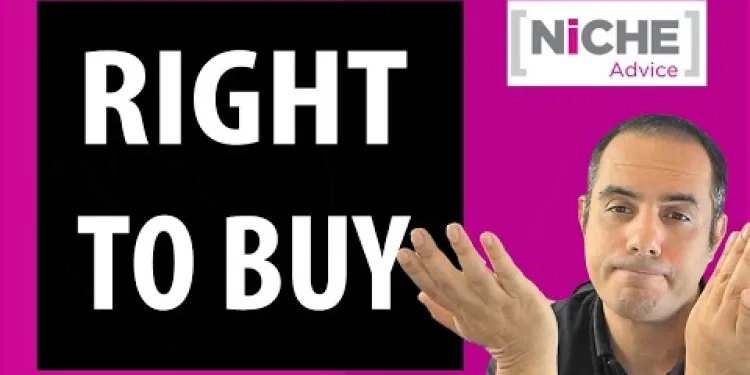
RIGHT TO BUY MORTGAGE - LET ME SAVE YOU TIME AND MONEY
Relevance: 56%
-

Can I get a Buy to Let Mortgage With My 18 Year Old Son
Relevance: 55%
-
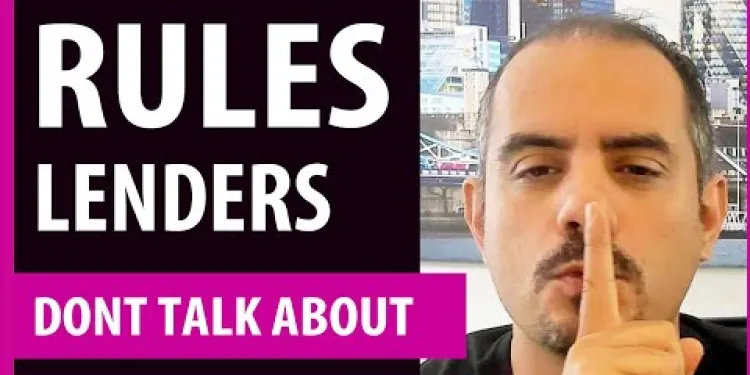
UK Mortgage Rules Lenders Don't Talk About - Debt To Income Ratio
Relevance: 55%
-
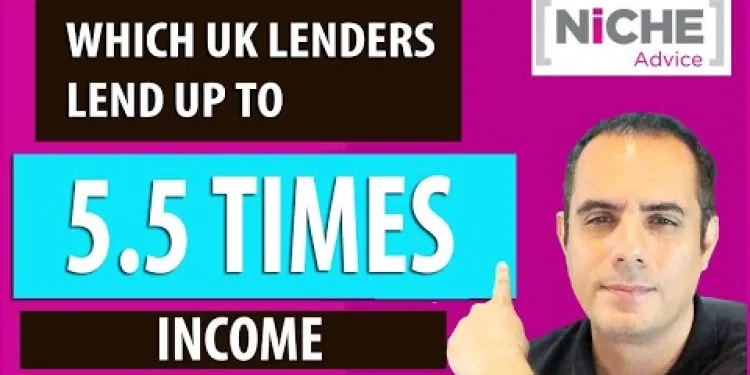
Highest Income Multiple Mortgage Lenders Revealed - Good and Bad Points
Relevance: 54%
-
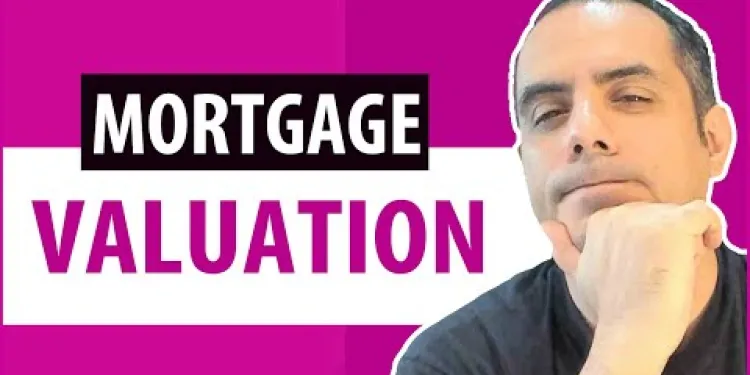
Can Mortgage lenders work from my own Survey Valuation Report?
Relevance: 54%
-

5 Broker Exclusive Buy to Let Mortgage Lenders you need to know about as a Landlord
Relevance: 53%
-
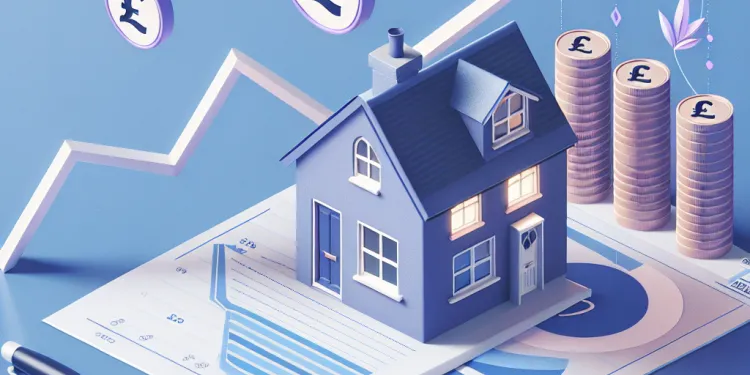
What should I do if I can't afford my mortgage payments due to rising interest rates?
Relevance: 52%
-

HMO Mortgage Truths - how to get the best Finance option including Bridging Loan Criteria
Relevance: 51%
-

Will the surveyor's report affect the mortgage offer?
Relevance: 43%
Should You Pay Down Your Residential Mortgage?
Deciding whether to pay down your residential mortgage is a significant financial decision that can impact your financial stability and future wealth. For UK homeowners, understanding the pros and cons of reducing mortgage debt can lead to more informed financial planning.
Benefits of Paying Down Your Mortgage
One of the primary benefits of paying down your mortgage is the reduction of interest payments over the term of the loan. UK mortgages, often spanning 25-30 years, accumulate substantial interest costs. By making additional payments, you reduce the principal faster, saving money in the long term. Additionally, eliminating debt can provide a sense of financial security and freedom, enabling you to allocate funds to other investments or lifestyle choices.
Paying down your mortgage can also be advantageous if you have a high-interest rate that isn't mitigated by falling rates or if remortgaging to a better rate isn't feasible. In such scenarios, reducing your mortgage balance effectively lowers your financial burden sooner.
Potential Drawbacks
While there are benefits, there are also potential drawbacks to consider. In the UK, with interest rates currently low, some homeowners might find it more beneficial to invest extra funds elsewhere. Investments in stocks, ISAs, or pension funds might yield higher returns than the savings from reduced mortgage interest, especially when inflation rates are considered.
Another consideration is liquidity. Tying up your money in your property may reduce your cash flow, possibly limiting your ability to handle emergencies or other financial opportunities that require liquid assets.
Factors to Consider
Before making a decision, consider your overall financial situation. Evaluate your existing debts, interest rates, and financial goals. High-interest credit card debt should generally be prioritized over mortgage reduction. Also, review the terms of your mortgage. Some lenders in the UK impose early repayment charges that can negate the benefits of paying down your loan early. Furthermore, ensure that you have an emergency fund in place and are contributing sufficiently to your pension, leveraging any employer contributions.
Conclusion
Ultimately, the decision to pay down your mortgage depends on a variety of personal factors, including your financial goals, interest rates, and overall financial health. Assess the opportunity cost of paying down your mortgage versus investing elsewhere and consider speaking with a financial advisor to best navigate your options. Making the right choice can contribute significantly to your financial peace of mind and future success.
Should You Pay Off Your Home Loan?
Deciding to pay off your home loan is a big money choice. It can affect how stable you are with money now and in the future. People in the UK should know the good and bad things about paying less on their home loan.
Good Things About Paying Off Your Home Loan
If you pay off your loan early, you pay less interest over time. Home loans in the UK often last 25-30 years. They add up a lot of interest costs. Paying more now can save you money later. Also, having no debt can make you feel safe and free. You can use your money on other things you want or need.
It’s good to pay off your home loan if your interest rate is high and you can't get a better rate by changing your loan. Paying off your loan means you will owe less money sooner.
Possible Downsides
There are also some downsides. Right now, interest rates are low in the UK. Some people might think it's better to use extra money for other things. Investments like stocks, ISAs, or pension funds might earn more money for you than paying less interest on your loan, especially because of inflation.
Another thing is liquidity. If your money is all in your house, you might not have enough cash when you need it for emergencies or other chances.
Things to Think About
Before you decide, think about your money situation. Look at your debts, interest rates, and goals. High-interest credit card debts should be paid off first before your home loan. Also, check your loan terms. Some UK lenders charge fees if you pay off early. Make sure you have enough money saved for emergencies and are adding to your pension, using any help from your job.
Conclusion
Deciding to pay off your home loan depends on many personal things, like your goals and money health. Think about if it’s better to pay off your loan or invest your money. It's a good idea to talk to a money expert to understand your best options. Choosing well can help you feel safer about your money and succeed in the future.
Frequently Asked Questions
What are the benefits of paying down my residential mortgage early?
Are there any penalties for paying off my mortgage early in the UK?
How can overpaying on my mortgage benefit me?
Should I prioritize paying off my mortgage over other investments?
What is an offset mortgage and how can it help me pay down my mortgage?
Is it better to pay a lump sum or regular overpayments toward my mortgage?
What should I check before making overpayments on my mortgage?
Can paying down my mortgage affect my credit score?
Will paying off my mortgage early save money on taxes?
How does inflation impact my decision to pay down my mortgage?
How might interest rate changes affect my decision to pay down my mortgage early?
Are there alternatives to paying down my mortgage for generating financial security?
How do I decide if I should use savings to pay down my mortgage?
Does paying down my mortgage impact eligibility for financial aid or benefits?
Should I consider remortgaging to pay off my mortgage faster?
Why is it good to pay my home loan off early?
1. Save Money: You pay less interest over time.
2. Less Stress: You own your home sooner, making you feel safer.
3. More Freedom: You can use your money for other things once the loan is gone.
Helpful Tips: Use simple calculators online to see how much you save. Make a plan to pay a little more each month.
Do you have to pay extra money if you pay off your home loan early in the UK?
If you pay all the money you owe for your house sooner than planned, you might have to pay extra fees. These are called early repayment charges (ERCs).
Here are some things you can do to understand if you need to pay these fees:
- Check your loan papers. They will say if there are fees for paying early.
- Call your bank or the place you got the loan and ask them.
- Use a calculator online to see if it helps or costs you more to pay early.
How does paying extra on my home loan help me?
What should I do first: Pay off my house loan or save money in other ways?
It can be tricky to decide whether to pay off your house loan first or put money into other savings. Here are some simple tips to help you decide:
- Think about interest rates: If the interest on your house loan is high, it might be good to pay it off faster.
- Think about your savings: Do you have some money saved for emergencies? It's important to have a little saved up just in case.
- Talk to someone who knows: You can ask a helper or a finance expert for advice. They can help you decide what's best for you.
Take your time to think about what is best for you and your money. Remember, you don't have to do it alone.
What is an offset mortgage and how can it help me pay off my home loan?
An offset mortgage is a type of home loan. It can help you pay less money.
You have a bank account linked to your home loan. The money in your account makes the loan look smaller, so you pay less interest.
Paying less interest can help you pay off your home loan faster.
If you want help, you can use tools like apps or ask someone to explain. You can also draw pictures to understand better.
Should I pay a big amount all at once or pay extra little bits on my mortgage?
What things should I look at before paying extra on my home loan?
Will paying off my home loan change my credit score?
Will paying off my home loan early help me save on taxes?
Paying off your home loan early might not save you money on taxes. Here’s why:
- Home loan payments can sometimes give you tax benefits. This means you pay less tax.
- When the loan is paid off, you might lose these tax benefits.
It is good to ask a tax helper or family member if you are unsure.
Tools that can help:
- Use a calculator to work out numbers easily.
- Ask for help from someone who knows about taxes.
How does inflation affect my choice to pay off my home loan?
Inflation means that prices for things go up over time.
If inflation is high, the money you owe on your home loan is worth less in the future.
This might make it easier to pay off your home loan with future money.
Think about using tools like a calculator to plan your money.
How do changes in interest rates affect my choice to pay off my home loan early?
Other Ways to Feel Safe with Money Besides Paying Off My House Loan
Can I do other things besides paying my house loan to be safe with money?
Here are some good ideas and tips:
- Save Money: You can put money in a bank or a safe place. This helps if you need money later.
- Learn About Budgeting: Make a plan for your money. This helps you not spend too much.
- Get Insurance: Insurance can help if something bad happens. It keeps you and your family safe.
- Invest Carefully: Ask someone who knows a lot about money to help you invest. This can make your money grow.
You can also ask someone you trust to help you with money. This can be a friend, family member, or a money expert.
Should I use my savings to pay my home loan?
Will paying off my home loan change if I can get help with money or other benefits?
Is it a good idea to change my mortgage to pay it off quicker?
Your mortgage is the money you borrow to buy your house.
Remortgaging means changing your loan to a new one.
Think about these questions:
- Will the new loan save you money?
- Can you afford the new payments?
You might want to talk to a money expert. They can help you understand.
Useful Links
This website offers general information and is not a substitute for professional advice.
Always seek guidance from qualified professionals.
If you have any medical concerns or need urgent help, contact a healthcare professional or emergency services immediately.
Some of this content was generated with AI assistance. We’ve done our best to keep it accurate, helpful, and human-friendly.
- Ergsy carfully checks the information in the videos we provide here.
- Videos shown by Youtube after a video has completed, have NOT been reviewed by ERGSY.
- To view, click the arrow in centre of video.
- Most of the videos you find here will have subtitles and/or closed captions available.
- You may need to turn these on, and choose your preferred language.
- Go to the video you'd like to watch.
- If closed captions (CC) are available, settings will be visible on the bottom right of the video player.
- To turn on Captions, click settings .
- To turn off Captions, click settings again.
More Items From Ergsy search
-

Should you Pay down your Residential Mortgage?
Relevance: 100%
-

The Ultimate Buy-To-Let Mortgage Breakdown
Relevance: 90%
-

Remortgage within 6 Months on the open market value Residential or Buy to Let Properties
Relevance: 83%
-

The role of residential & nursing homes
Relevance: 75%
-

The role of residential and nursing homes
Relevance: 74%
-

Dr Hilary Jones on Residential Care PART 2.
Relevance: 73%
-

First Time Buyer Buy to Let Finance Options. Lending Criteria on Mortgage and Bridging Finance
Relevance: 73%
-

Dr Hilary Jones on Residential Care PART 1.
Relevance: 72%
-

Uk Buy to Let for Older Clients - Mortgage Options Tips and Criteria
Relevance: 68%
-

Getting the maximum mortgage in the UK
Relevance: 66%
-

How much can I borrow for a mortgage UK - getting the Maximum Mortgage
Relevance: 65%
-

What is an 'interest only' mortgage?
Relevance: 64%
-

Mortgage Turned Down In The UK - Why mortgage applications are declined
Relevance: 64%
-

Mortgage Overpayment and Flexible Features Explained
Relevance: 62%
-

Is a mortgage valuation the same as a surveyor's report?
Relevance: 61%
-

What does it mean to "Fix My Mortgage Rate"?
Relevance: 60%
-

Can Stamp Duty be included in a mortgage in the UK?
Relevance: 60%
-

First Time Buyer Buy to Let Finance Options. Lending Criteria on Mortgage and Bridging Finance
Relevance: 60%
-

Mortgage Regulator removes the need for further affordability stress tests
Relevance: 59%
-

Will my fixed-rate mortgage payments change with interest rate fluctuations?
Relevance: 58%
-

Is there assistance available for rent or mortgage payments?
Relevance: 58%
-

How do interest rate changes affect my mortgage payments?
Relevance: 58%
-

How to Buy property with your children under the age of 18 and get Buy to Let Mortgage.
Relevance: 57%
-

Is it possible to switch my mortgage type if interest rates become unfavourable?
Relevance: 57%
-

Mortgage on Inherited Property - How we can help you with the finance
Relevance: 57%
-

Turned down for a mortgage? Find out why and what to do
Relevance: 57%
-

Selecting a Mortgage Broker - how they differ and what to watch out for
Relevance: 57%
-

Turned down for a mortgage? Find out why and what to do
Relevance: 57%
-

Using 100% of your Second Income for a Mortgage Application
Relevance: 57%
-

Can I use the surveyor recommended by my mortgage provider?
Relevance: 56%
-

What is a tracker mortgage and how does it respond to interest rate changes?
Relevance: 56%
-

RIGHT TO BUY MORTGAGE - LET ME SAVE YOU TIME AND MONEY
Relevance: 56%
-

Can I get a Buy to Let Mortgage With My 18 Year Old Son
Relevance: 55%
-

UK Mortgage Rules Lenders Don't Talk About - Debt To Income Ratio
Relevance: 55%
-

Highest Income Multiple Mortgage Lenders Revealed - Good and Bad Points
Relevance: 54%
-

Can Mortgage lenders work from my own Survey Valuation Report?
Relevance: 54%
-

5 Broker Exclusive Buy to Let Mortgage Lenders you need to know about as a Landlord
Relevance: 53%
-

What should I do if I can't afford my mortgage payments due to rising interest rates?
Relevance: 52%
-

HMO Mortgage Truths - how to get the best Finance option including Bridging Loan Criteria
Relevance: 51%
-

Will the surveyor's report affect the mortgage offer?
Relevance: 43%


